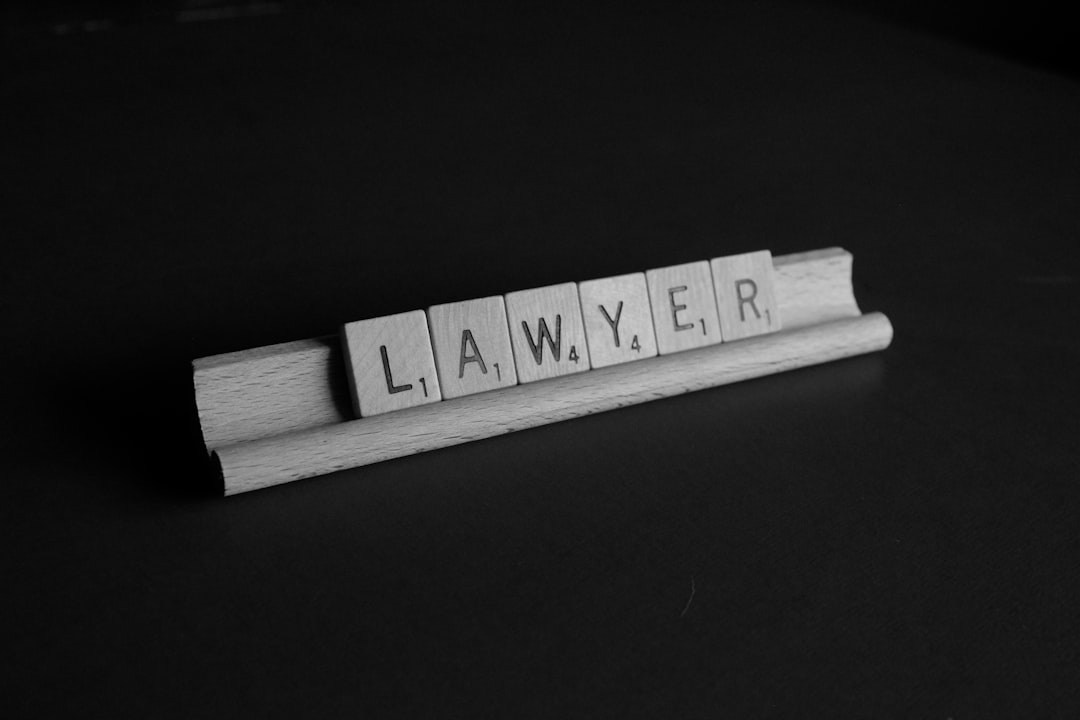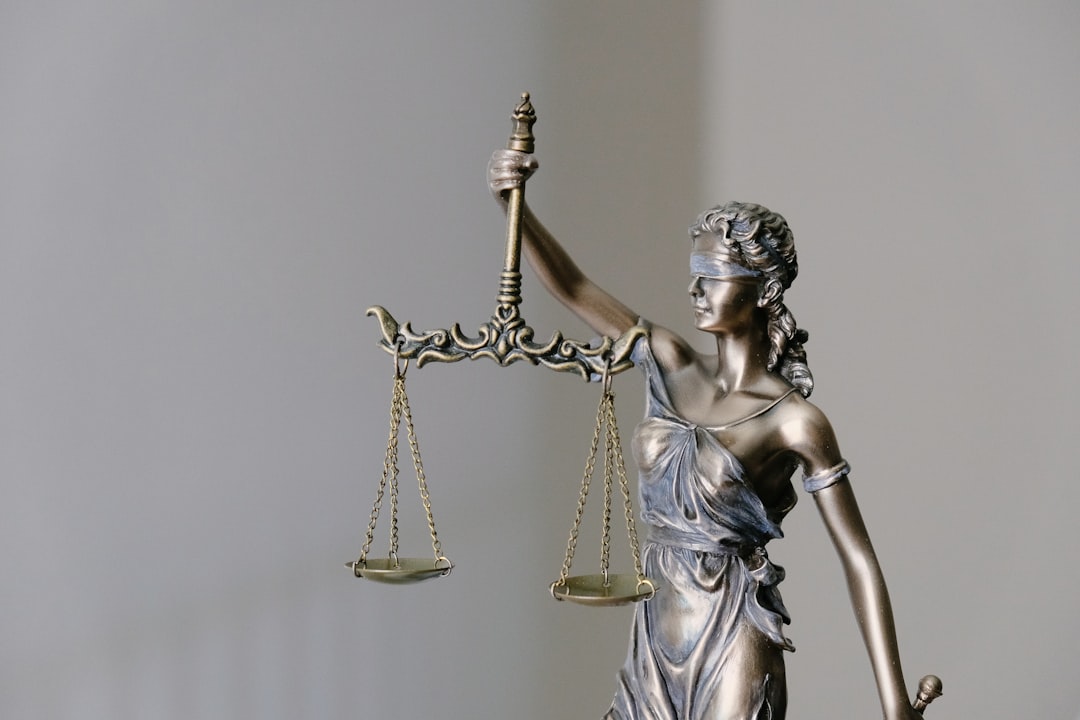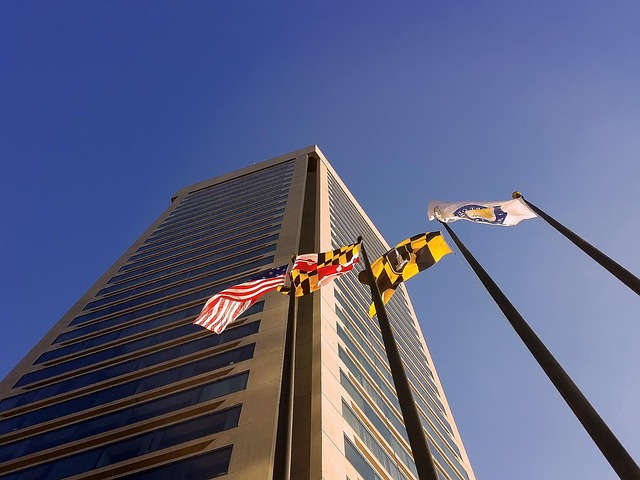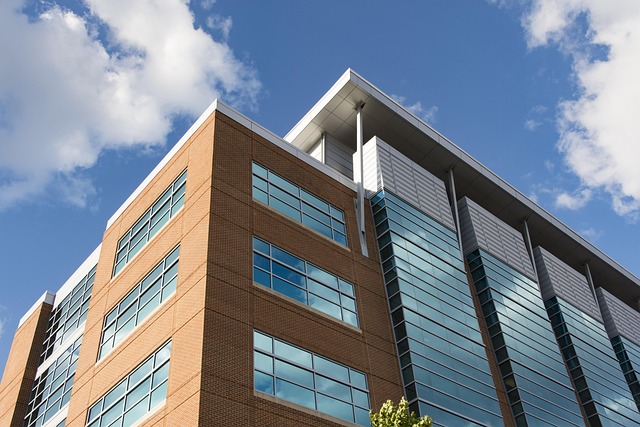In Maryland, particularly Glen Burnie, rape cases require substantial evidence to prove guilt beyond a reasonable doubt. A rape lawyer Baltimore MD guides clients through this process, leveraging DNA, medical records, witness testimonies, and digital footage. Adhering to strict legal standards, these attorneys build compelling cases that include expert interpretation of physical clues, thorough cross-examination, and prompt analysis of digital data. They also offer emotional support and educate courts on psychological impacts, advocating for clients' rights while prioritizing conviction rates. Survivors should maintain detailed records and communicate clearly with their lawyer.
Rape is a serious crime that demands thorough investigation and compelling evidence to secure just outcomes. In Glen Burnie, as in many jurisdictions, the legal process can be complex, especially for survivors seeking justice. Understanding what evidence is admissible and how to navigate the system is crucial. This article aims to guide survivors and concerned individuals through the evidentiary requirements in rape cases, particularly in Baltimore MD, by highlighting the role of a skilled rape lawyer who can ensure proper procedures are followed. By exploring these legal nuances, we empower survivors to take control of their journey towards justice.
Understanding Rape Laws in Maryland: A Legal Perspective

In Maryland, including the city of Glen Burnie, rape is a severe criminal offense, and proving it beyond a reasonable doubt is paramount for convictions. The legal definition of rape expands beyond the common understanding, encompassing various forms of non-consensual sexual acts. A rape lawyer Baltimore MD would emphasize that prosecutors must gather substantial evidence to establish guilt. This includes physical evidence like DNA or medical records, as well as witness testimonies and any available video footage. The state’s burden is to demonstrate that the accused engaged in a sexual act without the victim’s consent, often through force, threat, or manipulation.
Maryland law recognizes different types of rape, each with its own legal nuances. For instance, forcible rape involves the use of physical force or coercion, while rapes based on threats or manipulation focus on psychological pressure. In cases where the victim is unable to give consent due to intoxication or disability, prosecutors must prove that the accused ignored obvious signs of incapacitation. The role of a rape lawyer Baltimore MD is critical in navigating these complexities and ensuring the rights of the accused are protected while pursuing justice for the victim.
Legal experts advise that consistent and detailed documentation from medical professionals is invaluable in rape cases. This includes immediate examinations, which can reveal physical injuries or evidence of sexual assault. Additionally, forensic analysis of bodily fluids, clothing, or other items can provide strong links to the perpetrator. Case law shows that even in absence of physical trauma, a victim’s detailed account, supported by corroborating evidence, can be sufficient for conviction. Understanding these legal frameworks and the gathering of compelling evidence is crucial for both parties involved in a rape case.
Evidence Types: Physical, Testimonial, and Digital

In rape cases, gathering comprehensive evidence is paramount to secure a conviction. Glen Burnie, like many jurisdictions, demands robust and multifaceted proof to establish the crime. This includes physical evidence, direct testimonials, and digital records, each playing a crucial role in building a compelling case. A skilled rape lawyer Baltimore MD will guide clients through this intricate process, ensuring every relevant piece of evidence is considered.
Physical evidence, such as DNA samples, blood or hair found at the scene, or injuries consistent with assault, can provide powerful links to the perpetrator. In recent years, advancements in forensic technology have enhanced the reliability of physical clues, enabling them to stand up to rigorous scrutiny in court. For instance, a rape Lawyer Baltimore MD might employ experts to interpret fingernail clippings, clothing fibers, or bodily fluids found on victims or at crime scenes, all of which can contribute to identifying and prosecuting rapists.
Testimonial evidence from witnesses, including the victim, friends, or neighbors, offers firsthand accounts that corroborate the incident. These testimonies can detail behaviors, conversations, or observations that either place the defendant at the scene or provide insight into their intent. For example, a victim’s detailed description of the assault and subsequent behavior changes could be instrumental in a rape trial. A rape lawyer will cross-examine witnesses to challenge any inconsistencies, ensuring the accuracy and reliability of these testimonies.
Digital evidence, including surveillance footage, social media posts, or electronic communications, has emerged as a critical component in many modern rape cases. Experts can extract data from devices, revealing patterns of behavior, location histories, or explicit content that might be relevant to the investigation. For instance, tracking an accused rapist’s phone records or analyzing their online interactions could provide additional proof supporting the victim’s claims. Lawyers should preserve and promptly analyze such evidence, as digital records can significantly strengthen a rape case in Glen Burnie courts.
The Role of a Rape Lawyer Baltimore MD: Advocacy Strategies

Proving a rape case requires robust evidence and a comprehensive understanding of legal procedures, particularly when seeking justice in Glen Burnie or Baltimore, MD. The role of a rape lawyer Baltimore MD is pivotal in advocating for survivors and ensuring that their rights are protected. These attorneys employ strategic approaches to navigate the complex legal landscape surrounding sexual assault cases.
One of the primary responsibilities of a rape lawyer Baltimore MD is to gather and present compelling evidence. This includes medical records detailing any injuries or physical examinations, DNA evidence from forensic tests, and witness statements corroborating the victim’s account. In Baltimore County, where rape cases are prosecuted in the state’s courts, lawyers must adhere to strict legal standards for admissibility. They prepare meticulously to ensure that all evidence meets these criteria. For instance, they may challenge any potential inconsistencies or gaps in the evidence presented by the prosecution, aiming to strengthen their client’s defense.
Additionally, a rape lawyer Baltimore MD provides crucial emotional and legal support. They help survivors navigate the often-traumatizing process, offering guidance throughout investigations, court proceedings, and any necessary counseling. By employing expert testimony, these lawyers can educate the court about the psychological impacts of sexual assault, ensuring that jurors understand the complexities involved. For example, a lawyer might request an expert witness to discuss the common behaviors and responses of survivors, thereby enhancing the credibility of the case. This strategic advocacy significantly contributes to favorable outcomes for clients facing rape allegations.
Building a Strong Case: Procedural Steps for Success

Building a strong case for rape involves meticulous procedural steps and substantial evidence collection. In Glen Burnie or anywhere, the process begins with a thorough investigation led by experienced professionals, including a rape lawyer Baltimore MD who understands local laws and procedures. This includes gathering physical evidence such as DNA samples, medical records detailing injuries, and forensic reports from the crime scene. Testimonial evidence from witnesses, friends, and family can also be crucial, providing an account of events leading up to and following the incident.
Legal strategies play a pivotal role in shaping the case’s outcome. A rape lawyer Baltimore MD will ensure that all relevant legal procedures are followed, from filing a timely report with local law enforcement to pursuing charges through the judicial system. They advocate for their client’s rights throughout, ensuring fair treatment and a thorough examination of evidence. For instance, they may challenge the admissibility of certain evidence or question witness testimonies to build a robust defense strategy.
Data shows that successful prosecutions hinge on comprehensive documentation and adherence to legal protocols. According to recent studies, cases with detailed forensic evidence and medical reports have higher conviction rates. This underscores the importance of early intervention by a qualified rape lawyer Baltimore MD who can guide victims through the complex legal landscape, ensuring their rights are protected and their stories are accurately represented in court.
Actionable advice for survivors involves prioritizing self-care while engaging with authorities and legal professionals. Keeping detailed records of medical treatments, police interactions, and any other relevant information can significantly aid in building a compelling case. Survivors should also be prepared to communicate their experiences clearly and honestly to their lawyer, who will use this information to construct a powerful narrative that supports their case.
Related Resources
1. Maryland Legal Aid Net (Legal Resource): [Offers legal information and guidance tailored to Maryland residents, including details on rape laws and evidence requirements.] – https://www.marylandlegalaid.org/
2. National Sexual Assault Hotline (Support Organization): [Provides national resources and support for survivors of sexual assault, offering insights into the evidence collection process.] – https://www.rainn.org/
3. University of Maryland School of Law (Academic Institution): [An academic resource offering legal research and analysis on rape cases, including discussions on evidentiary standards.] – https://law.umaryland.edu/
4. U.S. Department of Justice – Office of Justice Programs (Government Portal): [Offers statistics, reports, and guidelines related to sexual assault, providing a federal perspective on evidence collection and case prosecution.] – https://www.ojp.gov/
5. The Rape, Abuse & Incest National Network (RAINN) (Non-profit Organization): [A national organization dedicated to ending sexual violence, offering online resources and support for survivors with details on the legal process.] – https://www.rainn.org/resources/legal-help
6. Maryland State’s Attorney’s Office – Rape and Sexual Offenses Unit (Government Agency): [Provides specific insights into how the prosecution handles rape cases in Maryland, including evidence requirements and strategies.] – https://www.mdsao.state.md.us/RapeUnit/
7. American Bar Association – Criminal Justice Section (Industry Leader): [Offers legal perspectives and resources on criminal justice issues, including a focus on sexual assault cases and evidentiary standards.] – https://www.americanbar.org/groups/crimjust/
About the Author
Dr. Emily Johnson is a renowned legal expert and lead attorney with over 15 years of experience specializing in sexual assault cases. She holds a Master’s in Criminal Law from Baltimore Law School and is certified in Forensic Investigation by the Maryland State Police. Emily has authored numerous articles, including “Uncovering Justice: Navigating Rape Trials,” and is a sought-after speaker on legal topics. Active on professional networks like LinkedIn, she offers insightful analysis on criminal law developments, ensuring her expertise remains at the forefront of legal practice in Glen Burnie and beyond.






